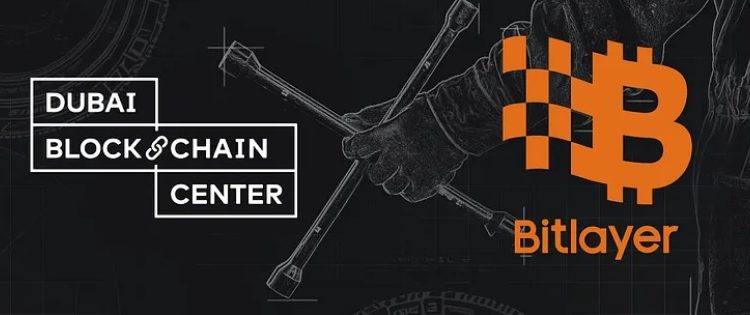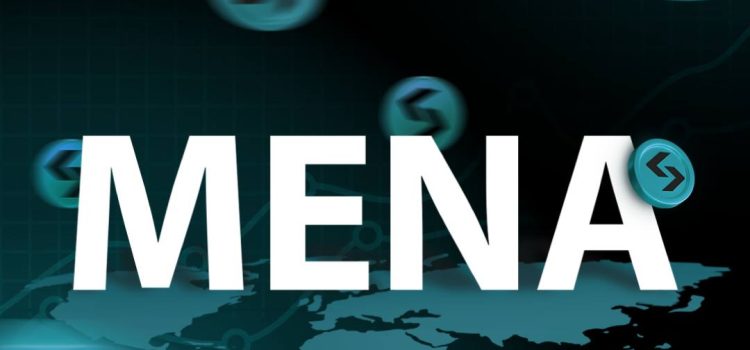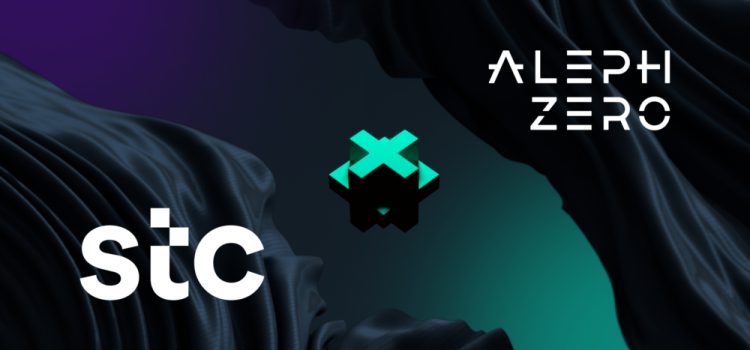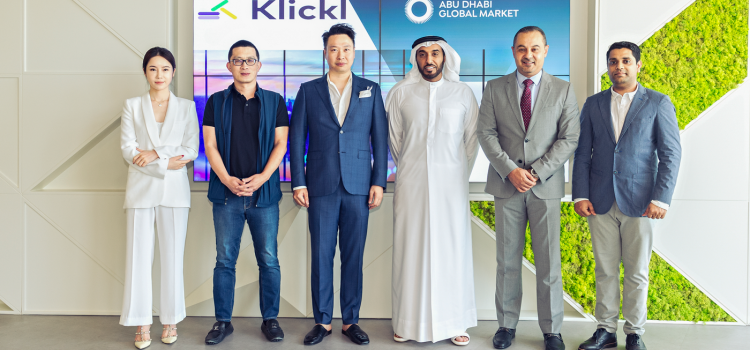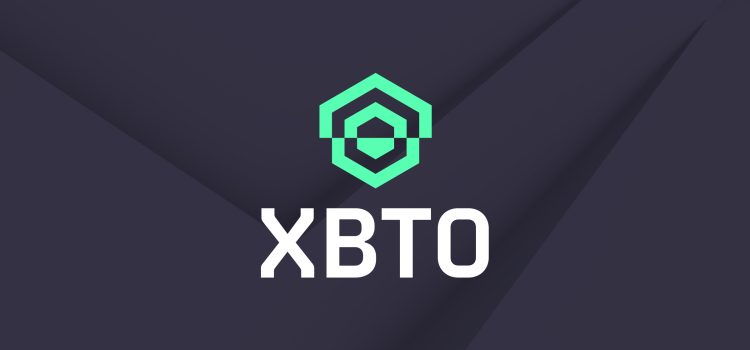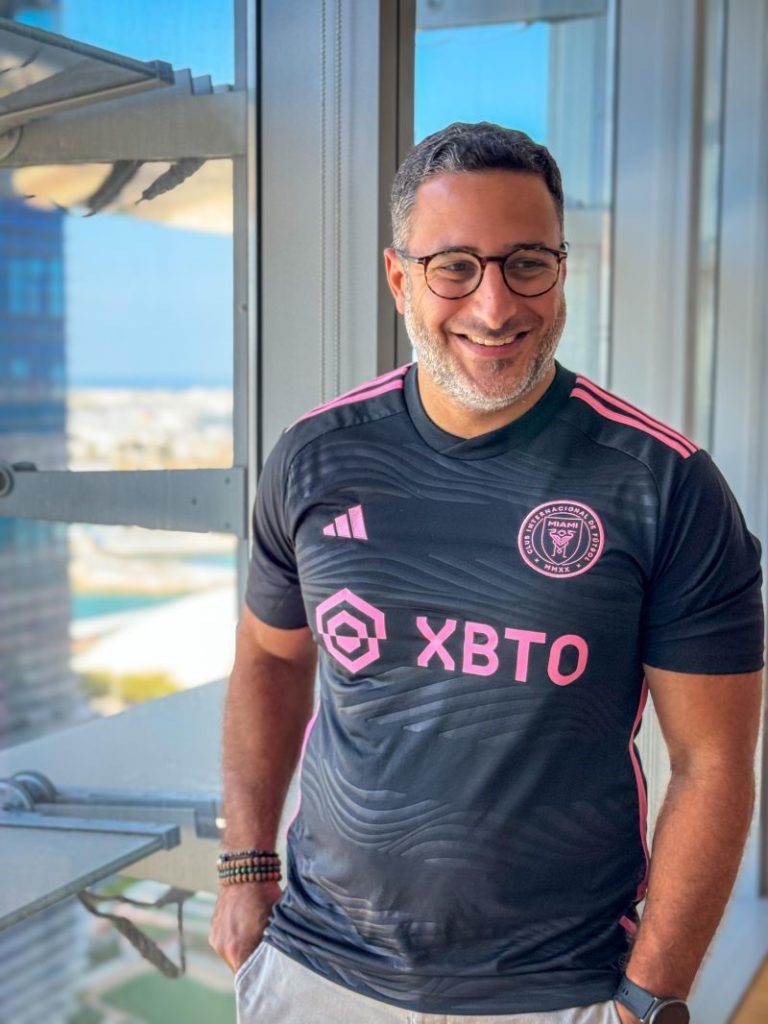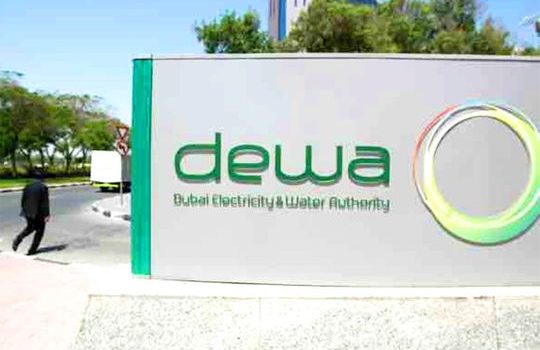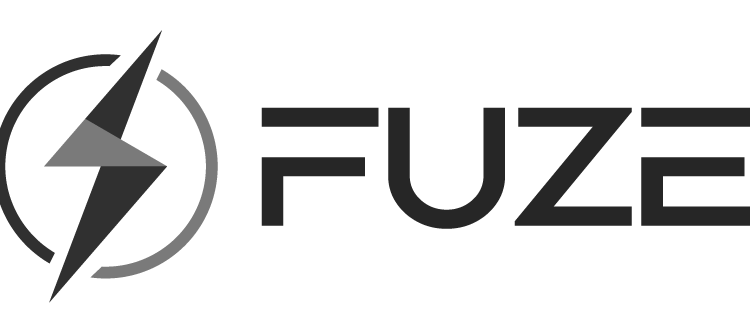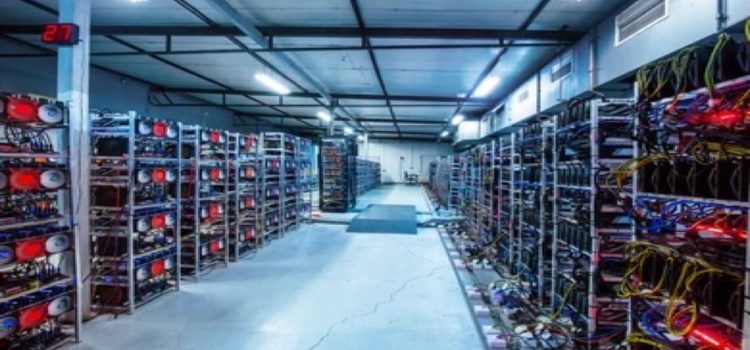UAE based Dubai Electricity and Water Authority (DEWA) announced that it is utilizing cutting edge technologies including blockchain to develop innovative and sustainable energy solutions to provide its electricity services according to the highest standards of availability, reliability, sustainability, and quality. This is supported by an advanced infrastructure for managing facilities and services through smart and integrated systems, utilising cutting-edge technologies such as the smart grid, artificial intelligence (AI), Space-D programme, blockchain, energy storage and integration of its sources, Internet of Things (IoT), and 3D printing, among others.
HE Saeed Mohammed Al Tayer, MD & CEO of DEWA, emphasised DEWA’s ongoing efforts and commitment to global sustainability goals, leadership in digital transformation, and spearheading clean and renewable energy projects and initiatives. These efforts are aligned with the vision of the wise leadership to enhance effective adaptation to future developments and address challenges securely and sustainably across all areas. DEWA’s preparedness reflects its strategy and unwavering efforts to achieve its vision of being a globally leading sustainable and innovative corporation committed to achieving Net-Zero by 2050.
Energy production and storage projects:
DEWA relies on pioneering initiatives and projects to diversify clean energy production sources. This includes clean and renewable energy technologies such as photovoltaic panel technology, concentrated solar energy, and green hydrogen production using solar energy, along with projects and initiatives to increase energy efficiency.
DEWA is also developing energy storage technologies through several pioneering projects, including the fourth phase of the Mohammed bin Rashid Al Maktoum Solar Park, which will have the largest energy storage capacity in the world of 15 hours, allowing for energy availability around the clock, and the pumped-storage hydroelectric power plant in Hatta.
Smart grid:
DEWA aims to enhance its leadership in innovation, sustainability, and future shaping across all its projects and initiatives, focusing on Fourth Industrial Revolution technologies and digital transformation. To achieve this goal, DEWA has developed a comprehensive strategy to implement a smart water and electricity infrastructure, known as the Smart Grid. This intelligent grid incorporates advanced features such as automated decision-making and interoperability throughout the electricity and water network.
Among the programmes launched by DEWA under the umbrella of the smart grid is an Automatic Smart Grid Restoration System (ASGR), the first of its kind in the MENA region, to increase the control, management, and monitoring of its power network. The system works around the clock without any human intervention. It uses a smart, innovative, and central system that locates the fault in the power network, isolates it, and automatically restores the service.
Smart meters
Smart meters serve as the backbone of the smart grid and play a pivotal role in driving digital transformation. They enhance operational efficiency and mitigate losses. In Dubai, all active traditional meters for electricity and water have been upgraded to smart meters. These smart meters offer numerous benefits, enabling customers to proactively and digitally manage their consumption without the need to contact DEWA. The Smart Meters Analysis and Diagnosis Centre remotely monitors the smart meters every 15 minutes. As of the end of 2023, the number of smart meters in Dubai reached 2.2 million.
Automatic Smart Grid Restoration System (ASGR):
Among the programmes launched by DEWA under the umbrella of the smart grid is an Automatic Smart Grid Restoration System (ASGR), the first of its kind in the Middle East and North Africa, to increase the control, management, and monitoring of its power network. The system works around the clock without any human intervention. It uses a smart, innovative, and central system that locates the fault in the power network, isolates it, and automatically restores the service. This improves grid automation, fault detection and retrieval of connections.
Enhancing efficiency through Space-D
DEWA’s Space-D programme contributes to raising the development, maintenance and planning of electricity and water networks. It improves the efficiency of DEWA’s generation, transmission, and distribution divisions by monitoring solar power plants and enhancing the accuracy of generation predictions. This is achieved through forecasting weather patterns, seawater temperature and salinity, and monitoring electricity transmission lines. Additionally, it aids in detecting water leaks and identifying any changes in the infrastructure, further optimising DEWA’s operations. As part of its Space-D programme, DEWA launched two nanosatellites DEWA-SAT1 in January 2022, and DEWA-SAT2 in April 2023. DEWA is the first utility in the world to launch nanosatellites to improve its operations.
Innovative initiatives for the production, transmission, and distribution divisions:
DEWA’s initiatives for its production, transportation and distribution sectors, which rely on expertise, experiences and capabilities, contribute to enhancing DEWA’s leadership and excellence. These initiatives ensure the sustainability and preservation of resources and provide ways to develop them by applying best practices in all initiatives and projects to raise production and operational efficiency. During 2023, there were many initiatives undertaken by various divisions within DEWA, the most important of which were: Distribution Automation of Secondary Distribution Substations, Distribution Network Smart Centre, and DEWA Cable Lab.
Globally competitive results:
The seamless, swift, and effective operation of the smart grid has enabled DEWA to achieve competitive results that surpass prominent European and American companies in terms of efficiency and reliability. DEWA has reduced electricity Customer Minutes Lost (CML) in Dubai from 4.9 minutes in 2014 to 1.06 minutes in 2023, which is the lowest in the world. DEWA has also reduced losses in electricity transmission and distribution networks from 3.3% in 2014 to 2.0% last year by adopting the best international technical standards and the most accurate engineering practices in the planning, design, construction, and operation of energy systems. This percentage is also the lowest worldwide. In 2014, water network losses were at 9.1%, and reached 4.6% in 2023, which is the lowest in the world.









